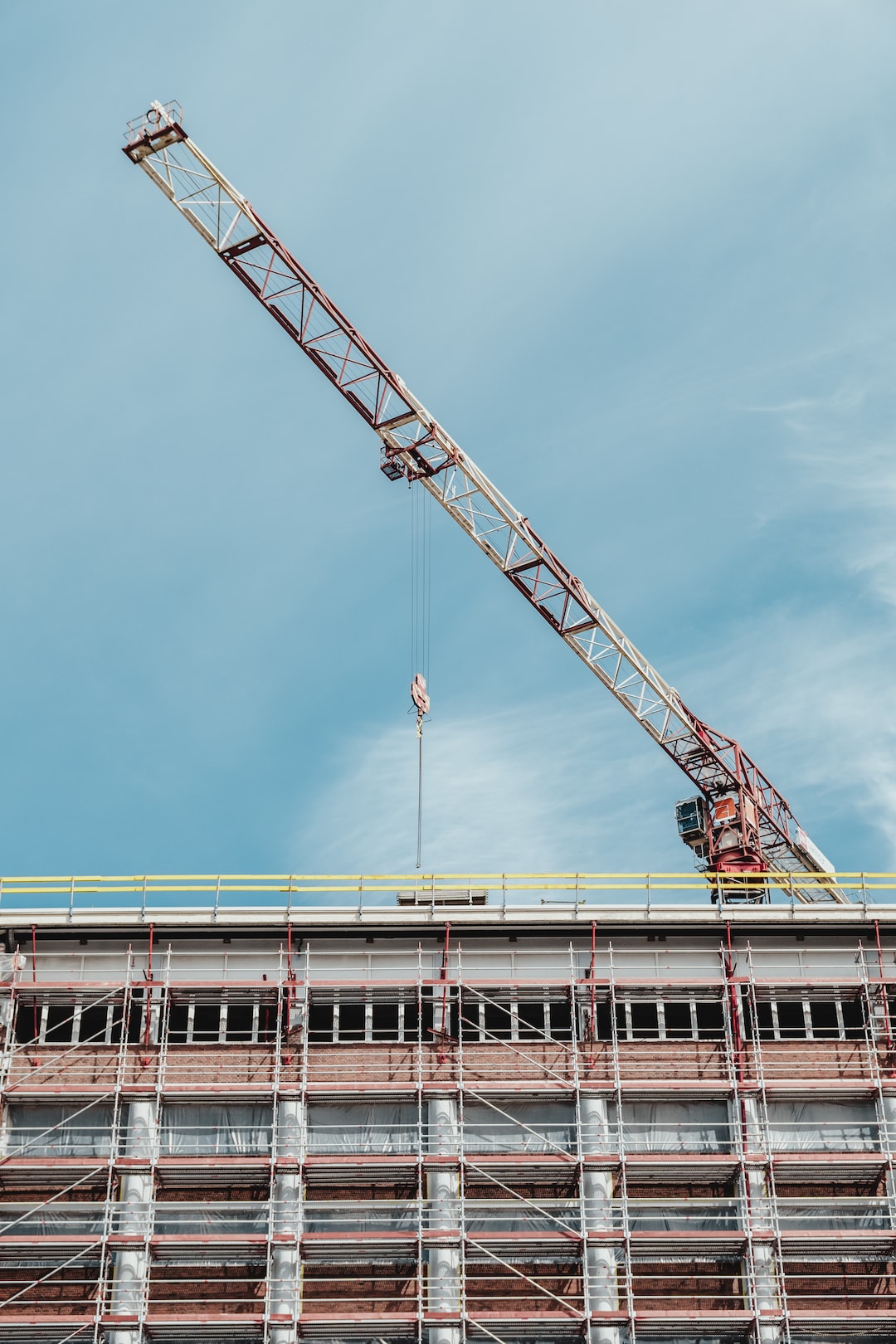Are you dreaming of owning a home but finding it difficult to afford one in your desired neighborhood? If so, you might want to consider buying a fixer-upper. A fixer-upper is a property that requires renovations or repairs before it can be habitable. While purchasing such a property may be financially appealing, it is important to consider both the pros and cons before diving in.
Let’s start with the pros. One of the biggest advantages of buying a fixer-upper is the potential for increased equity. Since you are purchasing the property below market value due to its condition, you have the opportunity to build equity quickly by investing in renovations. As you make upgrades and improve the property, its value can increase significantly, potentially resulting in a handsome profit if you decide to sell in the future.
Another advantage of purchasing a fixer-upper is the opportunity to customize the home to your taste and needs. Unlike move-in ready homes that may not align with your preferences, a fixer-upper allows you to incorporate your personal style and design ideas, making it truly your own. From choosing the flooring and paint colors to selecting fixtures and finishes, the possibilities are endless. This can be a fulfilling and rewarding experience, especially if you have a knack for DIY projects.
Additionally, buying a fixer-upper can provide a more affordable entry into your desired neighborhood. Residing in a sought-after location often comes with a hefty price tag, but purchasing a property that needs some work can significantly reduce your costs. This way, you can reside in a desirable neighborhood without draining your entire savings account.
Now let’s consider the cons. One of the most obvious downsides is the time and effort required to renovate a fixer-upper. These projects can be time-consuming, especially if you are doing the work yourself. Be prepared for potential delays and unexpected challenges that commonly arise during the renovation process. It’s crucial to realistically assess your available time and skills before taking on this kind of project.
Another disadvantage is the financial burden that comes with renovating a fixer-upper. While purchasing the property itself may be affordable, the cost of repairs and renovations can quickly add up. It is important to create a detailed budget and ensure you have enough funds set aside to cover not only the initial purchase but also potential unforeseen expenses. If adequate planning is not done, you may end up in a financial bind.
Lastly, buying a fixer-upper can be a rollercoaster ride emotionally. It requires a great deal of patience and perseverance, as the process can be daunting and overwhelming. Living in a construction zone can be stressful, and there may be times when you question if you made the right decision. It is important to mentally prepare yourself for the challenges that come with renovating your own home.
In conclusion, while buying a fixer-upper can offer financial advantages, customization, and access to desirable neighborhoods, it is crucial to carefully weigh the pros and cons before making a decision. Be realistic about your skills, time, and budget, and ensure that you are prepared for the emotional rollercoaster that can come with this type of project. With the right planning, a fixer-upper can be a great investment and a path to creating the home of your dreams.

